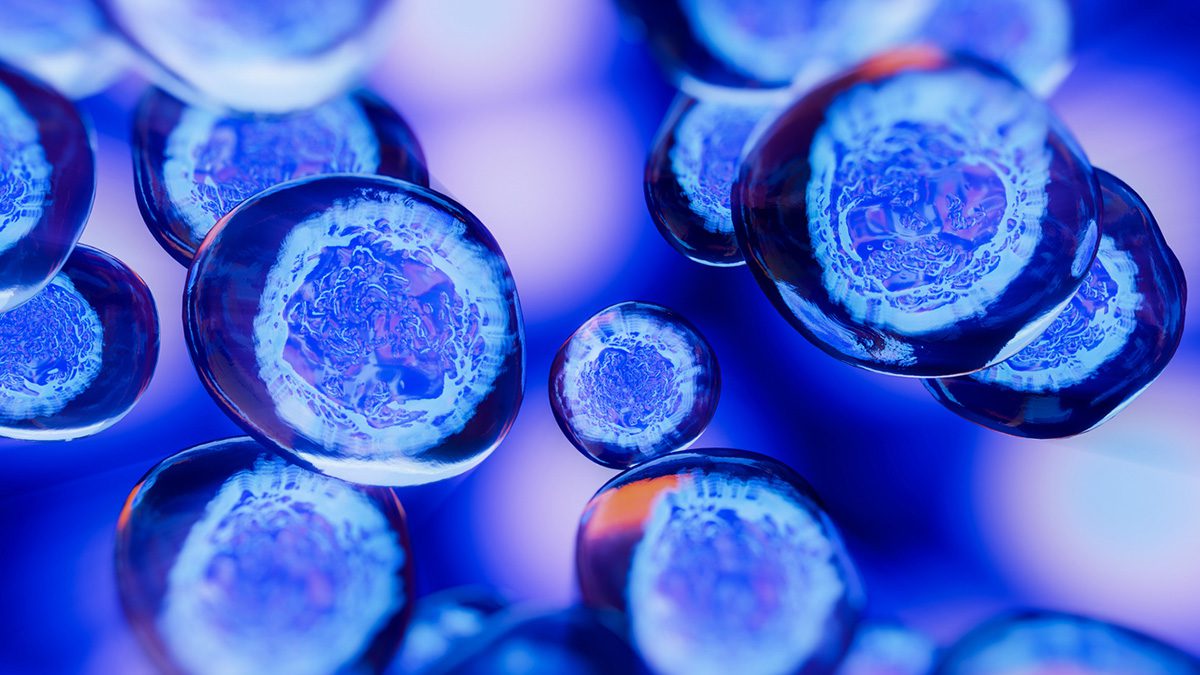
The Keck School of Medicine of USC has received $2 million from the California Institute of Regenerative Medicine (CIRM) to further augment its newly launched cGMP Laboratory, a state-of-the-art facility designed to advance early-stage research into clinically viable cell and gene therapies. To expedite the translation of these therapies from the lab to the clinic, the facility needs advanced technological know-how, streamlined operations and strict protocols for developing and testing these products, all of which the CIRM grant will help fund.
Cell and gene therapies involve modifying the activity of the body’s own cells in order to combat diseases such as cancer and autoimmune disorders. Their production requires specialized, highly controlled, contamination-free laboratories to ensure the quality and safety of the final product. The USC/CHLA cGMP facility, a joint effort between the Keck School of Medicine, Keck Medicine of USC and Children’s Hospital Los Angeles, was built to meet the Food and Drug Administration’s (FDA) good manufacturing practice (cGMP) standards for production of these advanced therapies.
Over the next two years, the funds will drive the adoption of an advanced electronic quality management system (eQMS), the development of optimized cell therapy manufacturing processes and the training of the next generation of workforce talent in the field.
“As a team passionate about innovation, we are always on the lookout for advancements that add value and elevate our efficiency,” said Mohamed Abou-el-Enein, MD, PhD, MSPH, associate professor of clinical medicine, executive director of the USC/CHLA Cell Therapy Program and founding director of the cGMP lab. “These upgrades are stepping stones, bringing us closer to our ultimate goal: delivering our life-saving scientific discoveries to patients as quickly as possible.”
State-of-the-art technologies
Abou-el-Enein and his team will use the funds to enhance the facility’s operations across several domains. From the outset, the facility was designed to operate using the most recent technologies; for that reason, an eQMS was specifically tailored to support the facility’s operations. The grant will enable the lab to expand and sustain this system. By shifting away from traditional paper-based methods, the eQMS guarantees operational consistency, minimizes human error, enhances efficiency, and results in long-term cost savings.
The CIRM grant is set to enhance the USC/CHLA cGMP lab’s capabilities in pioneering cell therapy methods. With a focus on optimizing both viral and non-viral manufacturing techniques, the lab aims to be a front-runner in innovative treatments.
Viral vectors, created from viruses modified to carry specific genetic material into cells, will be produced in-house. Instead of causing disease as viruses naturally do, their purpose is to equip cells with the ability to combat illnesses. Creating them in-house will help the lab overcome cost and supply chain challenges that can result in manufacturing bottlenecks. The team is also exploring alternative non-viral methods for delivering genetic material to cells, widening the scope of therapies that can be developed in the facility.
The team will share the optimized protocols they develop across the CIRM manufacturing network. Sharing experimental and manufacturing protocols not only accelerates the development of groundbreaking treatments, but also fosters collaboration and knowledge-sharing among research communities, solidifying the lab’s role in advancing medical science.
Growing the workforce
The remaining funds will support training efforts to help develop a workforce for cell therapy manufacturing. The highly specialized work requires significant knowledge of FDA regulations, including how to properly conduct and document all activities in the lab.
Through partnerships with the USC CIRM COMPASS Scholars Program and the Alliance for Regenerative Medicine’s GROW RegenMed Internship Program, Abou-el-Enein and his team will provide training in cell therapy manufacturing and testing to students from underrepresented racial and ethnic minority groups. They will also work with the University of California, Irvine and other institutions to improve training options for undergraduate students.
“Our initiative is deeply rooted in collaboration, establishing meaningful partnerships with academic and industry leaders both within and beyond California.” Abou-el-Enein said. “This cooperative approach is designed to broaden patient access to innovative treatments and solidify California’s reputation as a key hub for delivering impactful cell-based therapies.”
About this research
This work is supported by the California Institute of Regenerative Medicine [INFR5-14667].
